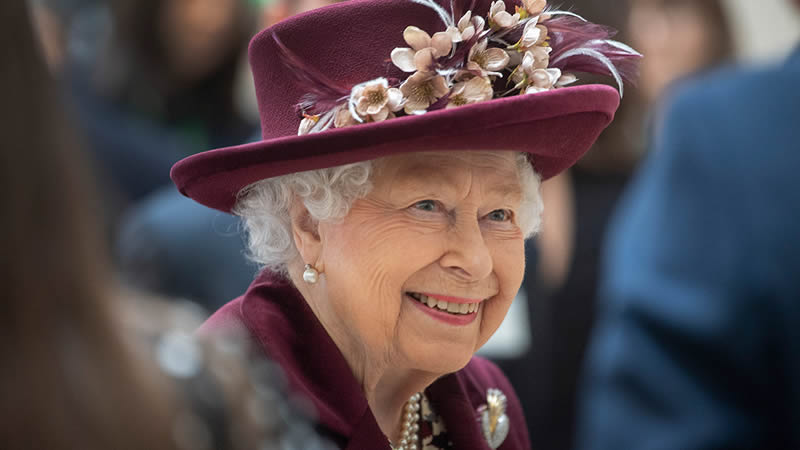
A Lasting Legacy as Queen Elizabeth II’s 70 Year Reign Shaped the World
Share0Queen Elizabeth II’s legacy is firmly etched in the history of the British royal family. Ascending the throne in 1952, she ruled for an impressive 70 years, becoming one of the world’s most respected and influential figures before her passing in 2022. Despite her fulfilling 96 years, the news of her death was deeply saddening for her family and countless admirers worldwide.
When Queen Elizabeth passed, her eldest son, Charles, took on the role he had been preparing for his entire life. Charles had been at Balmoral with the Queen in her final days, aware of her declining health. But as fate would have it, Charles stepped outside for a moment, and it was during this brief absence that the Queen took her final breath. According to Express, royal author Robert Hardman in his book Charles III: New King, New Court, The Inside Story, Charles received the news from his private secretary. The Queen had passed away at 3:25 p.m., and Charles, rushing to return to her side, could only respond with three poignant words: “We’re nearly there.”
As the Queen’s first-born, Charles had always known he would one day succeed her, but he might not have anticipated the wave of emotions accompanying his ascension. Immediately following the Queen’s death, Charles officially became king, and for the first time, was referred to as “Your Majesty,” marking a profound shift from his lifelong title of “Prince Charles.” The new king quickly assumed his royal duties, signaling the end of one era and the beginning of another.
Since taking the throne, Charles has approached his role with dedication, though he faced a personal health challenge earlier in 2024. Diagnosed with cancer, he took time off to recuperate but returned to his royal responsibilities in the spring. In his tenure as king, Charles has maintained a “slimmer” monarchy, meaning he has not granted working royal status to any additional family members—a decision that highlights the future expectations for Prince William, who stands next in line.
Now in better health, Charles continues to focus on his duties, upholding the traditions of the British monarchy while navigating modern expectations. For William, this means preparing for his eventual role as king within a streamlined royal family, a responsibility that grows more significant as the future of the monarchy evolves under Charles’ reign.
